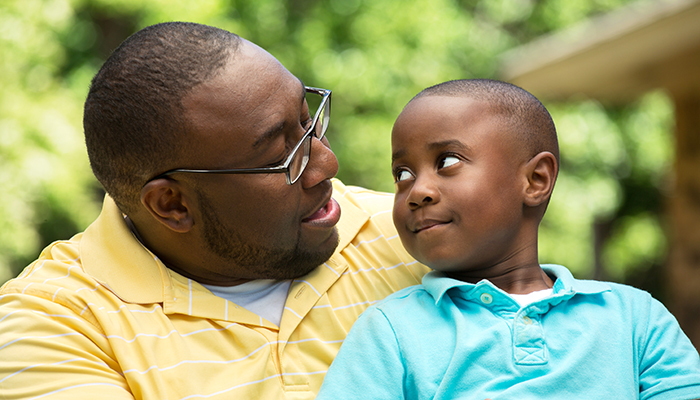
Children are like sponges. They soak up whatever is around them. If Grandpa is sick, or Grandma has dementia, they’ll pick up on your emotional responses. If no one has explained the situation, they’ll make up their own ideas about what’s going on. As a result, they may feel unnecessarily scared and alone.
Instead of trying to “protect” a child from potentially upsetting news, experts recommend honest talk geared to the individual child. Such talk helps the child
- learn about normal emotions and how to cope
- trust the adults around them
- feel that they’re an integral part of the family
Having the conversation
- Ask questions. Ask the child what they’ve noticed. And what they’ve been feeling. Let them know no question is wrong.
- Be truthful. Address their concerns and be honest. Children are concrete thinkers. A simple gloss over, such as “Grandpa is going for a long sleep” instead of “Grandpa has died,” can backfire into a fear of sleep.
- Consider their perspective. Children are self-focused. Reassure them they are not the cause of an illness or death. Also that they cannot catch Alzheimer’s from Grandma. Or cancer. Or …
- Prepare them for what to expect. Think very concretely about what the child will be witnessing soon. For instance, if your loved one lives with you, you may want to talk about symptoms. Or that family members may be sad, but it’s not about the child.
- Let them know it’s okay to be upset. Emotional reactions are normal. Use this as an opportunity to talk about healthy ways to cope with emotions. Share what helps you when you have strong feelings.
Be careful about overload. Let the child dictate the pace at which you give new information. Keep it simple, and respond to the concerns they bring up. Encourage them to ask you about anything that confuses them. You don’t have to cover everything in one talk.

